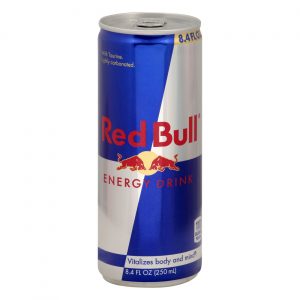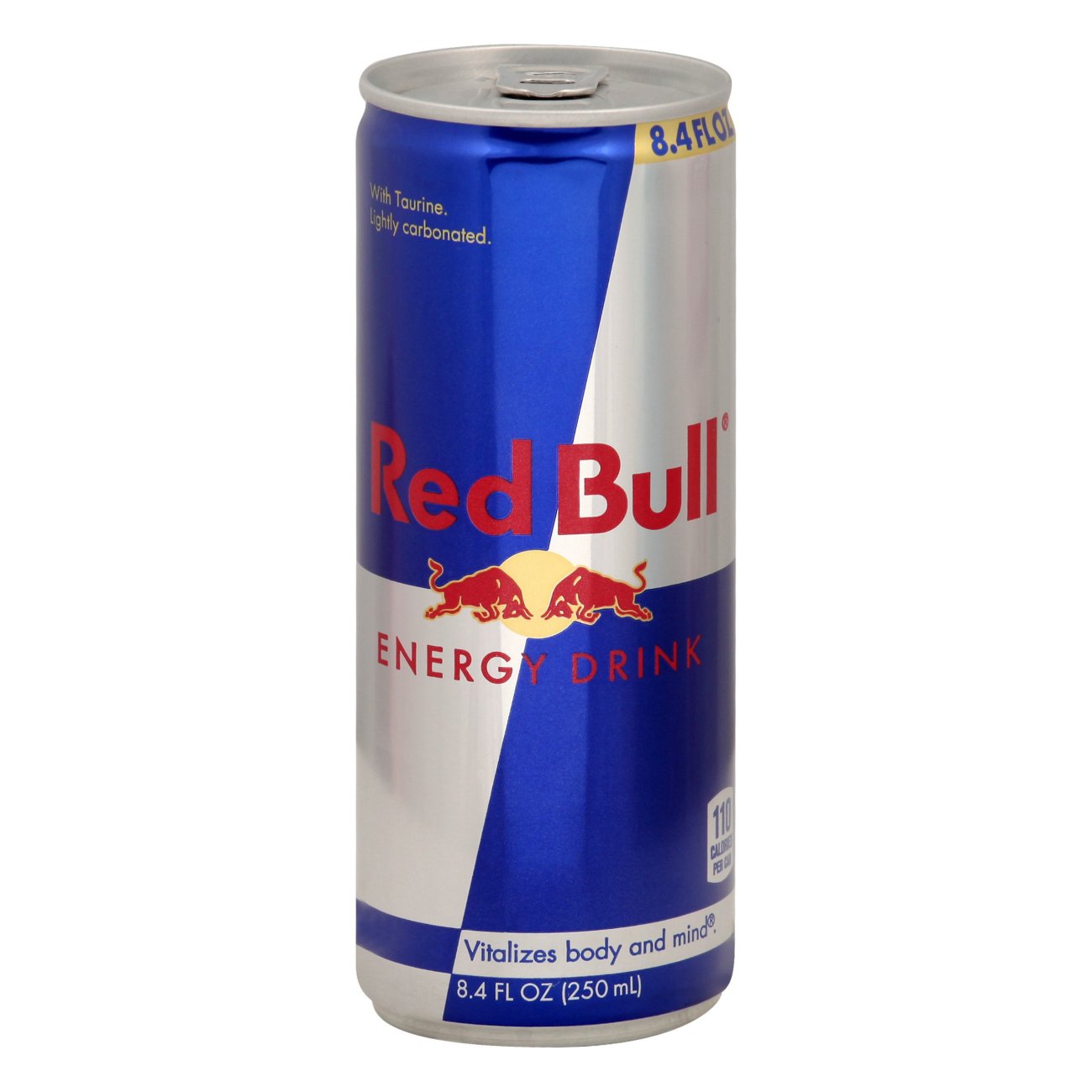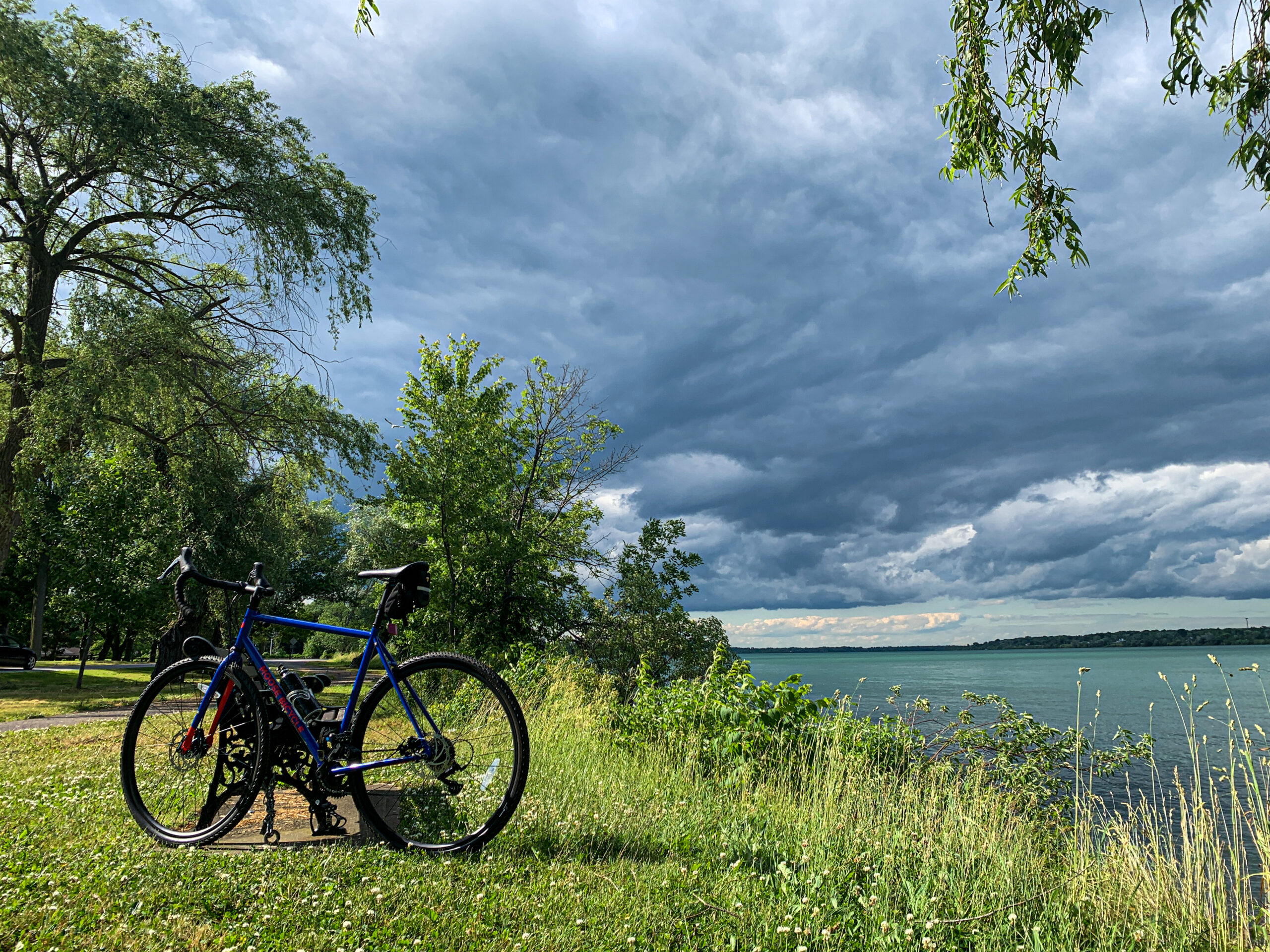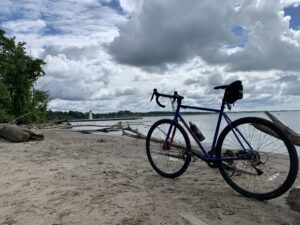Energy Drinks And Soda
A number of years ago a young fellow that I worked with told me that he was quite overweight when he was young. He told me he would drink a couple of ‘Big Gulp’ drinks almost every day through high school. He made a decision at one point to stop and lost 50 pounds without any other changes in diet or activity and in a very short period of time.
These types of drinks can do a lot more damage to your body than just make you obese. One of the other areas they attack is your skin.
Two of the main culprits in sodas and energy drinks are sugar and high fructose corn syrup. Fructose may not be listed in drinks such as Red Bull but one study showed 17% of its sweetener was high fructose corn syrup.
(University of Southern California’s Keck School of Medicine)
Energy Drinks
Putting aside what energy drinks can do to your heart, they can wreak havoc on your skin. In addition to fructose and caffeine one can of Red Bull contains 7 teaspoons of sugar.
Sugar, amongst other things dehydrates your skin. It can also break down collagen which, again, damages your skin.
The extra caffeine in energy drinks dehydrate as well. That is not what you want. Suck the moisture out of your skin and you get wrinkles.
Caffeine
The caffeine in energy drinks, sodas and coffee, contract your blood vessels. This means those capillaries at the surface of your skin aren’t getting the proper nutrition. And the waste products are not being carted away. Anti-oxidants can’t make it to the skin cells. Less collagen due to fewer nutrients.
Many of the darker sodas, like coke and pepsi have ‘advanced glycation end products’. These react with various proteins, nucleic acids and lipid in the skin cells and accelerate aging of the skin. These ‘glycation end products’ (where sugar binds to protein) can cause a whole host of other issues as well such as diabetes, cardiovascular disease and more.
Caffeine can inhibit wound healing as well. So if you are getting acne from all the sugar the healing may be slowed due to the caffeine that is added to the same drink.
(International Wound Journal)
High Fructose Corn Syrup
By any other name. High fructose corn syrup is used pretty much exclusively in sodas/soft drinks and Energy drinks now. This ingredient inhibits calcium absorption and lowers Vitamin D. It has come to light in the last 18 months or so due to COVID that Vitamin D is one of the worst deficiencies in North America and other parts of the world. And Vitamin D is absolutely necessary for healthy skin. One of the problems for you and wonderful for the manufacturers of High Fructose Corn Syrup is that it is highly addictive. So, if you are hooked on sodas, energy drinks and the like, it may be very difficult to wean yourself. Be cautious going for the ‘diet’ sodas, the artificial sweeteners have their own set of problems.
High fructose corn syrup may not always be listed as such. Many drinks just call it ‘sugar’ as it is a type of sugar. But it is much more addictive and damaging to your body than sugar.
So, if you are drinking energy drinks such as Monster, NOS, Red Bull (one of the worst) or sodas like Coke or Pepsi, these are loaded with sugar and high fructose corn syrup. Given time, they will wreak havoc on your skin. Dehydrate and destroy the collagen. Instead of trying to compensate with injections and the like, change your diet.
Often when ones tries to wean from sugar or high fructose corn syrup, there is a period that feels like withdrawal. Your body will adjust, you will get through it. Afterwards you will have more energy and your skin will feel and look much healthier.
#sugar #energydrinks #soda #redbull #monster #collagen #highfructosecornsyrup



 - Acute exercise is an immune system adjuvant that improves defense activity and metabolic health.
- Data support a clear inverse relationship between moderate exercise training and illness risk.
- Acute exercise is an immune system adjuvant that improves defense activity and metabolic health.
- Data support a clear inverse relationship between moderate exercise training and illness risk. are totally comfortable walking 3-4 miles an hour (a mile every 15-20 minutes) then see if you can push yourself every so slightly to go half a mile faster. Just get your heart and lungs and muscles working just a touch harder. You don’t have to get winded, particularly starting out. If you haven’t exercised in a while, just get out and do something every day. If you have to start with doing 10-20 minutes of walking once a day, start with that. The important things are not doing too much, or over exerting when you start and also, persistence. Notice that in one of the articles above, it was a 12 week study where there was a reduction by 40% in lung and other issues. So don’t quit after 2-3 weeks! Make it part of your lifestyle.
are totally comfortable walking 3-4 miles an hour (a mile every 15-20 minutes) then see if you can push yourself every so slightly to go half a mile faster. Just get your heart and lungs and muscles working just a touch harder. You don’t have to get winded, particularly starting out. If you haven’t exercised in a while, just get out and do something every day. If you have to start with doing 10-20 minutes of walking once a day, start with that. The important things are not doing too much, or over exerting when you start and also, persistence. Notice that in one of the articles above, it was a 12 week study where there was a reduction by 40% in lung and other issues. So don’t quit after 2-3 weeks! Make it part of your lifestyle.